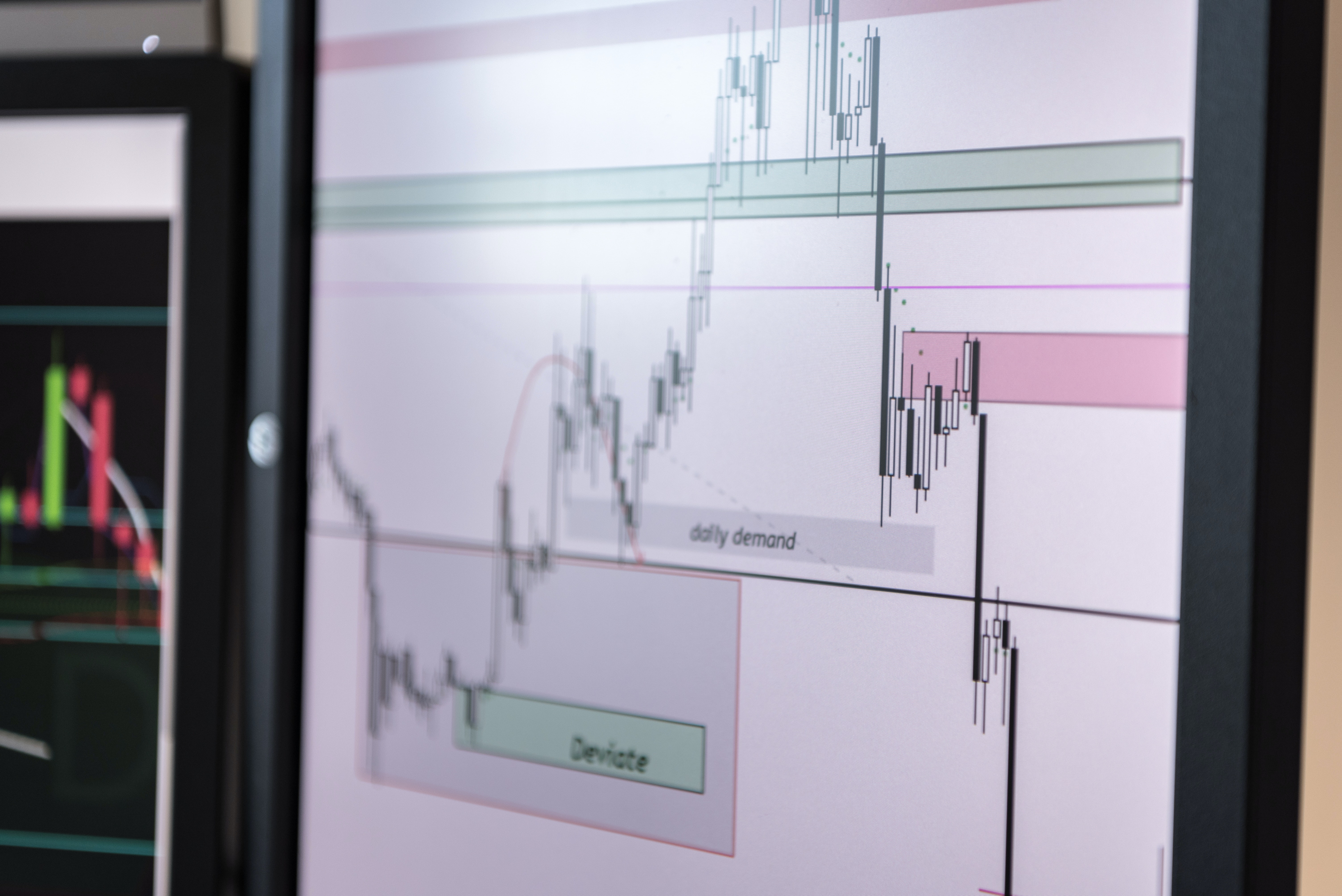How Stock Trading Works
Stock trading is the process of buying and selling shares or ownership stakes in publicly traded companies. It involves participants, such as individual traders, institutional investors, and brokerage firms, who engage in the buying and selling of stocks on stock exchanges.
This momentary method is what sets inventory merchants aside from usual inventory market investors who tend to be in it for the lengthy haul. While trading man or woman shares can deliver rapid positive aspects for those who time the market correctly, it additionally consists of the danger of great losses. A single company's fortunes can upward thrust extra rapidly than the market at large, but they can just as without difficulty fall.
Types of stock trading
There are two main types;

How stock trading works;
Stock Exchanges : Stocks are primarily traded on stock exchanges, such as the New York Stock Exchange (NYSE) or NASDAQ. These exchanges provide a platform where buyers and sellers can trade stocks in a regulated and transparent manner.
Stock Brokers : Individual traders usually work with stock brokerage firms or online brokers to execute their trades. These brokers act as intermediaries between traders and the stock exchanges, facilitating the buying and selling of stocks on behalf of their clients.
Placing Orders : Traders place orders to buy or sell stocks through their chosen brokerage platform. They can specify the quantity of shares, the desired price, and the duration of the order (e.g., day order or good-till-canceled).
Market Orders vs. Limit Orders : Traders can choose between market orders and limit orders. A market order is executed immediately at the prevailing market price, while a limit order allows traders to set a specific price at which they are willing to buy or sell. Limit orders may take longer to execute if the specified price is not reached.
Bid and Ask Prices : Stocks have bid and ask prices. The bid price is the highest price a buyer is willing to pay for a stock, while the ask price is the lowest price a seller is willing to accept. The difference between these prices is known as the "spread."
Execution of Trades : When a buyer's bid price matches a seller's ask price, a trade is executed. The brokerage platform facilitates this transaction by matching buyers and sellers. The trade is confirmed, and ownership of the shares is transferred from the seller to the buyer.
Monitoring Investments : Traders need to monitor their investments regularly. They track stock prices, company news, financial reports, and market trends to make informed decisions about when to buy, sell, or hold their stocks.
is noteworthy that engaging in stock trading entails hazards and necessitates meticulous examination, evaluation, and comprehension of the marketplace. Traders endeavor to gain from oscillations in stock prices by taking advantage of purchasing at low prices and selling at high prices. Nevertheless, multiple elements can affect stock prices, such as economic situations, corporate achievements, business tendencies, and investor attitude.
Achieving success in stock trading frequently necessitates a blend of expertise, self-control, and a forward-thinking approach. It is recommended that people acquaint themselves with the fundamentals of investment and contemplate seeking guidance from financial consultants prior to embarking on their journey in the stock market.
